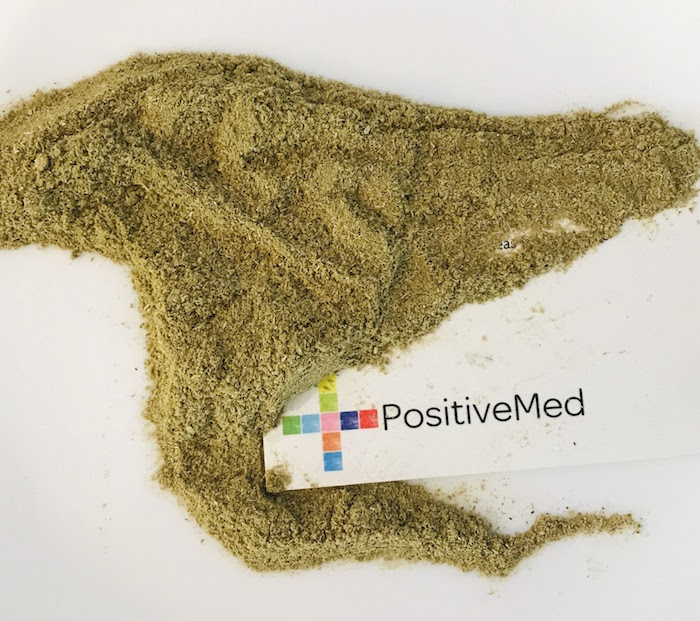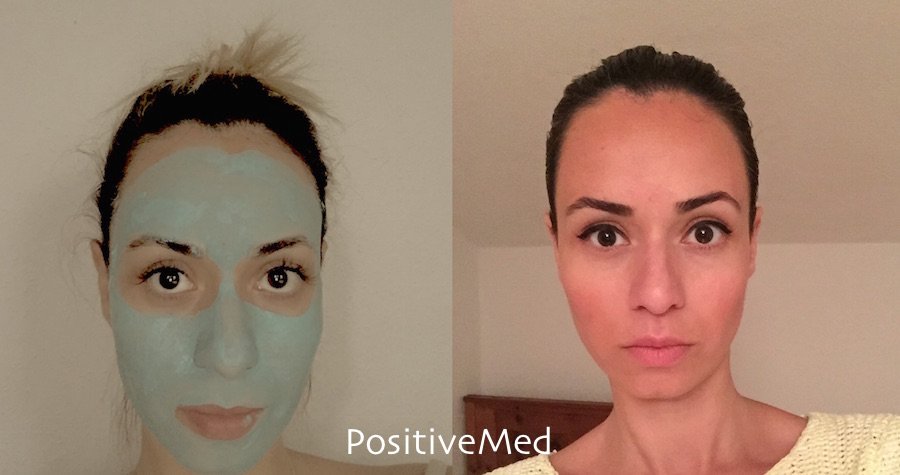Henna, known as mehandi, panwar, shudi, is a medicinal plant. Its a middle-sized shrub with many branches. This herb is used for various medicinal benefits. Here are some uses of henna:

1. Cooling agent
Henna is a great cooling agent. When applied to scrapes and burns it gives relief. You can also use this herb as a natural home remedy for lowering temperature when suffering from high fever or heat exhaustion.
2. Headaches
The flowers of henna can be used to cure headaches caused by the heat of sunlight. Make a paste of henna flowers by crushing them and adding vinegar then apply to your forehead or temples. You can also use a plaster of henna.

3. Treats Baldness
Henna leaves can be used to treat baldness. Boil some leaves of henna in mustard oil and use it to massage your scalp. This will help in healthy hair growth. Take 250 grams (8 ounces) mustard oil in a pan and add 50-60 grams (1-2 ounces) of henna leaves to heating oil gradually. Filter the oil through cheesecloth and store it in a bottle. Use this oil regularly for producing abundant hair.
4. Jaundice
You can use the bark of the henna plant for treating liver disorders like jaundice and enlargement of the liver. You can have it in henna powder from 1–5 decigrams doses. It is also beneficial for other conditions associated with the liver.
5. Skin conditions
Henna can be used to treat skin conditions like athlete’s foot, rashes, and ringworm. It’s also an effective sunblock. Leaves of henna plant are astringent in nature, therefore, can be used to treat skin problems. Vitiligo can be treated using this herb.

6. Nails
Henna is known for treating cracked nails. Soak henna leaves in water and leave overnight, then drink this water to treat your cracked nails. Repeat for at least 10 days. You can mix butter with henna powder and use it as a poultice to treat sores filled with pus, mange, and scabies.
7. Arthritis
You can use henna oil for arthritic and rheumatic pain. Massage with henna oil to get rid of the pain. Do this regularly for a month or two for best results.
8. Dysentery
The bark of the plant can be used to treat dysentery. Crush the henna seeds into powder and mix them into some ghee. Make small balls from the mixture and swallow them with water.
9. Hair
Henna contains natural ingredients important for hair nourishment. It shares a great bond with hair as it helps to penetrate, cleanse, and thicken the hair shafts which improve the quality of hair. Its also used to treat dandruff. Its commonly used for coloring hair by mixing it into natural dyes.

10. Skin tattoo
This is the most common use of henna. You can make a paste of henna powder by mixing it into the water and keeping it in a cone of plastic paper. Then apply this paste on your palms and heels on special occasions to get temporary tattoos. We see many brides with hands and legs decorated with henna paste.
Note: Henna is not safe for children, especially infants. It’s unsafe to consume henna by mouth if you are pregnant as it may lead to miscarriage. It should be avoided if you are breastfeeding.

How to use henna on hair:
Henna is easy to use on your hair. Grate henna in a non-metal container as metal can react with henna and spoil your dye, glass is best. Add hot water and green tea to it too and stir the mixture with a wooden stick. Once its fully dissolved leave the henna covered in cling film to sit overnight to develop. Then use this paste on your hair. Apply it directly to clean dry hair. Cover your hair with plastic wrap to keep the heat and moisture in. This will help the dye activate. Leave on for 4 hours then wash.
You can also use henna powder which you can easily find in stores or on Amazon here for 30 percent off (we should note that we make a few cents through the link if you make the purchase). Just add some water and green tea to make a paste. Happy hennaying!!

Also please note that on some very rare occasions people have allergic reactions to henna. For example, as reported by the New England Journal of Medicine in 2008, a young Kuwaiti woman had allergic reactions a week after the brush application of a temporary henna tattoo on her skin. The symptoms included burning and itching at the site of the henna application.
10 Unusual Uses of Henna and How to Use it on Hair
By PositiveMed-team and Dr. Nima Schei, M.D.
Edited by Stephanie Dawson
Last Update: October 2018






